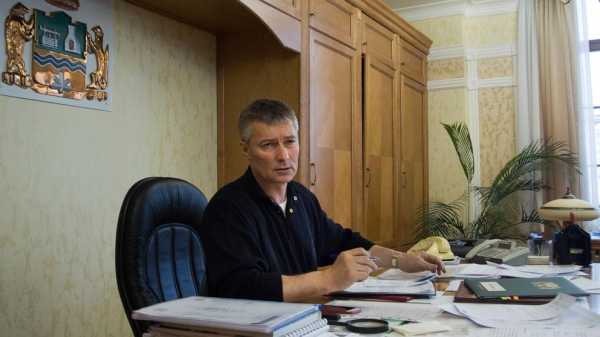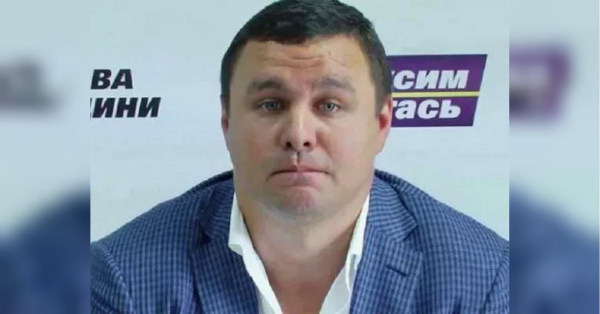
MOSCOW — The Russian branch of the environmental group Greenpeace on Friday announced it would close after the authorities declared Greenpeace International to be an undesirable organization.
A statement from the national prosecutor-general’s office said it had determined that Greenpeace posed “a threat to the foundations of the constitutional order and security of the Russian Federation” and pointed in particular to the conflict in Ukraine.
“Since the beginning of the special military operation of the Russian Federation to demilitarize and denazify Ukraine, Greenpeace activists have been engaged in anti-Russian propaganda, calling for further economic isolation of our country and tougher sanctions,” it said.
But Greenpeace’s Russian office said, “We are sure that the declaration of Greenpeace International as an undesirable organization is due precisely to the fact that we tried to prevent the implementation of plans that are destructive to nature and in many cases did it successfully.
“This decision makes it illegal for any Greenpeace activity to continue in Russia. Therefore, the Russian branch of Greenpeace is forced to close,” it said on its website.
Amsterdam-based Greenpeace International said it had no immediate comment. Since launching the Ukraine operation in February 2022, the Russian government has intensified its crackdown on dissent and toughened legislation against critics.
The authorities have methodically targeted people and organizations critical of the Kremlin, branding many as “foreign agents”, declaring some as “undesirable” and prosecuting those found to have discredited the military.
The dissident former mayor of Russia’s fourth-largest city was found guilty Friday of such discrediting, but avoided a prison sentence.
Yevgeny Roizman, 60, a sharp critic of the Kremlin, is one of the most visible and charismatic opposition figures in Russia. He enjoyed broad popularity while serving as mayor of Yekaterinburg, a city of 1.5 million people in the Ural Mountains.
Roizman, who was mayor from 2013 to 2018, was arrested last August on charges of discrediting the Russian military, under a new law adopted after Moscow sent troops into Ukraine. Prosecutors at the time singled out a video broadcast Roizman made in July 2022 in which he criticized Russia’s intervention.
Last year, Russian courts repeatedly fined Roizman on similar charges in an administrative court. Under the law, repeat offenses can be tried in a criminal court.
While the charge of discrediting the Russian military could carry a prison sentence, a Yekaterinburg court on Friday instead fined Roizman 260,000 rubles ($3250), in line with a request made the day before by the prosecution.
The ex-mayor told reporters Friday that he didn’t plan to appeal the verdict, which he described as “an acquittal in the current conditions.”
Russian courts have regularly handed out fines and, occasionally, prison terms for public criticism of Moscow’s actions in Ukraine.
A top opposition figure, Vladimir Kara-Murza, was convicted last month of treason and sentenced to 25 years in jail over public speeches against the military operation. Human rights organizations and Western governments denounced the verdict and demanded Kara-Murza’s release. Amnesty International declared the 41-year-old to be a prisoner of conscience.
Another prominent Kremlin critic, Ilya Yashin, was sentenced last year to eight and a half years in prison on charges of spreading false information about the military.
In March, a Russian court also convicted a father over social media posts critical of the military operation and sentenced him to two years in prison. His 13-year-old daughter, who drew a sketch at school expressing distress over Moscow's actions, was sent to an orphanage before being taken to live with her estranged mother.
Sourse: abcnews.go.com






